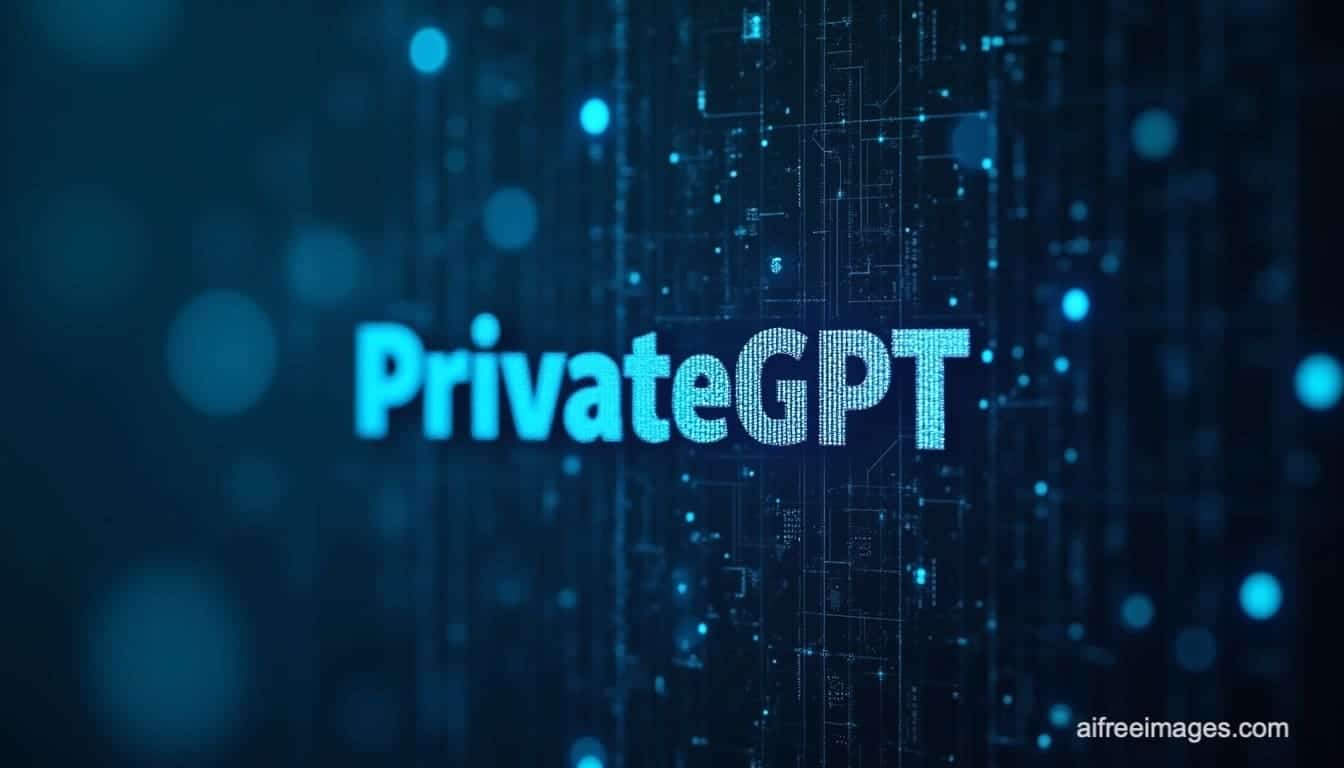Today, millions of people and businesses use AI assistants like ChatGPT, Claude, or Gemini for a wide variety of tasks. From drafting emails to analyzing complex documents, these systems have proven their usefulness across almost all sectors. However, there is a growing concern about the fate of the information we share with these platforms.
PrivateGPT emerges as a revolutionary alternative that promises to maintain all the capabilities of modern AI while ensuring that no personal or business data ever leaves the user’s direct control. This technology represents a fundamental shift in how we conceive the relationship between artificial intelligence and privacy.
The Traditional Model and Its Limitations
When we interact with services like ChatGPT or Claude, we are participating in what is known as a cloud computing model. Every question asked, every document shared, and every conversation held travels over the internet to reach servers controlled by companies like OpenAI, Anthropic, or Google. These servers process the information and return a response, but during this process, our data is exposed to multiple vulnerabilities.
The centralized nature of these services means that third parties can potentially access sensitive information. Employees of these companies may review conversations with the stated purpose of improving their services. Governments can request access to stored data. Cybercriminals may try to compromise these centralized systems that contain information from millions of users.
Moreover, many of these platforms use user conversations to train and improve their AI models. This means that confidential information shared today could inadvertently influence the responses that the system provides to other users in the future.
The PrivateGPT Proposal
PrivateGPT represents a completely different approach to the problem of artificial intelligence. Instead of relying on remote servers, this system operates entirely within infrastructure controlled by the user. Whether on a personal computer, on a company server, or in a completely isolated network, PrivateGPT processes all information locally.
This architecture fundamentally eliminates the risks associated with transmitting sensitive data to third parties. There are no travels over the internet, no storage on external servers, and no possibility for information to be used for training models that benefit other users or competitors.
The underlying technology of PrivateGPT is based on open-source language models that have been optimized to work on local hardware. These models have achieved levels of sophistication that rival the most advanced commercial offerings but operate under a paradigm of total user control.
Comparative Analysis: The Fundamental Difference
| Aspect | ChatGPT/Claude/Gemini | PrivateGPT |
|---|---|---|
| Where is your data? | External company servers | Your computer/local server |
| Who can see your information? | Company employees, governments, potential hackers | Only you and whom you decide |
| Is your data used for training? | Yes, to improve their commercial models | No, your data is solely yours |
| Do you depend on the internet? | Yes, constant connection is required | No, it works completely offline |
| Are there usage limits? | Yes, subscription plans and restrictions | No, you use your own resources |
| Control over updates? | No, changes imposed by the company | Yes, you decide when and how to update |
| Regulatory compliance? | Depends on third-party policies | Total control to meet your regulations |
| Customization? | Limited to what the company offers | Complete, you can modify everything |
Strategic Advantages of Private AI
The implementation of PrivateGPT offers benefits that go beyond simple data protection. For professionals handling confidential information, such as lawyers, doctors, or consultants, the ability to process sensitive documents without exposing them to third parties represents a significant competitive advantage. They can harness the power of artificial intelligence to analyze contracts, medical histories, or business strategies without compromising the confidentiality their clients expect.
From an economic perspective, PrivateGPT offers a fundamentally different cost model. While commercial services require monthly subscriptions that can dramatically scale with usage, PrivateGPT operates with an initial investment followed by predictable operating costs. For organizations with high volumes of information processing, this difference can translate into significant long-term savings.
Control over performance and availability is another crucial benefit. PrivateGPT users are not subject to service disruptions, speed limitations, or policy changes that may affect centralized services. The ability to process critical information remains available regardless of external factors.

